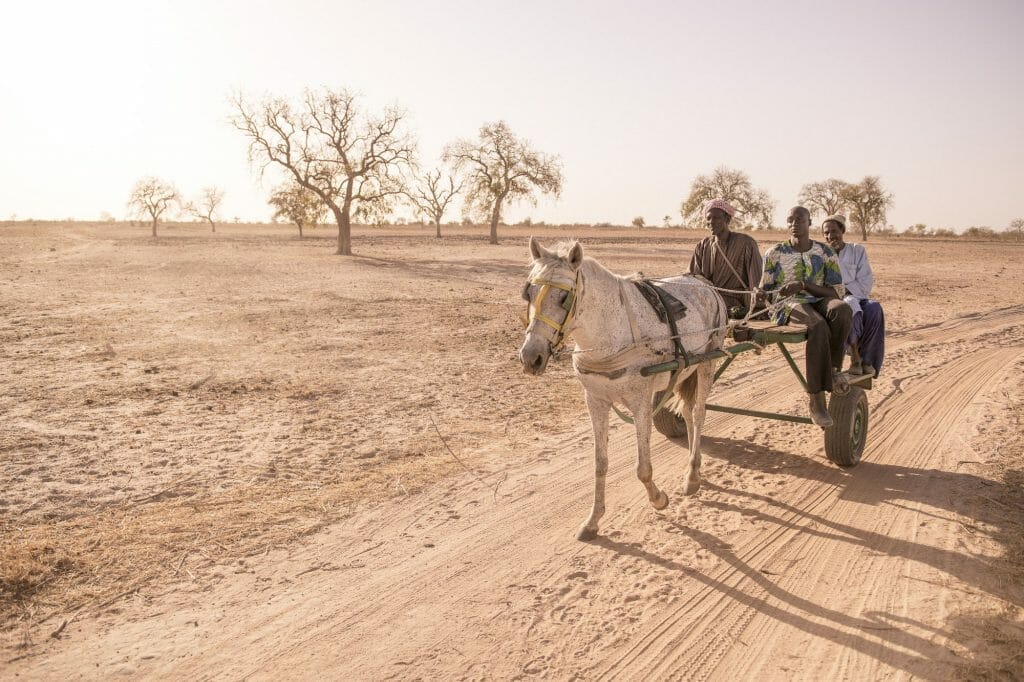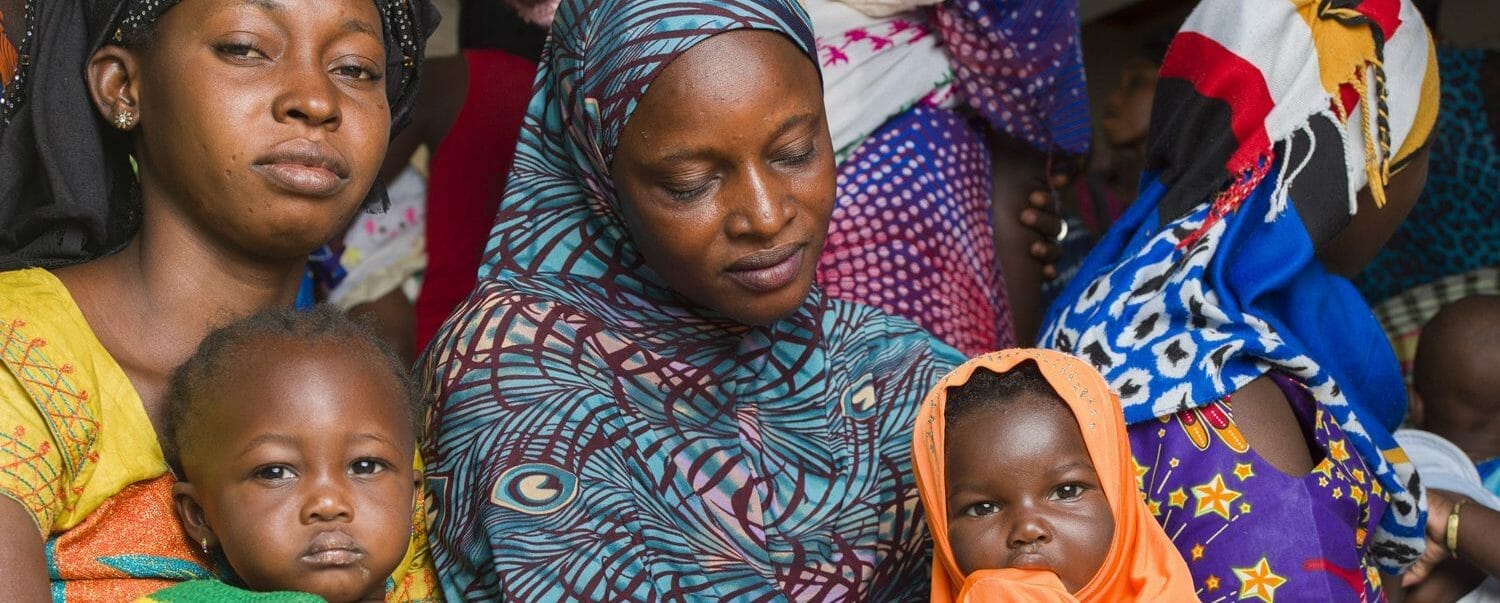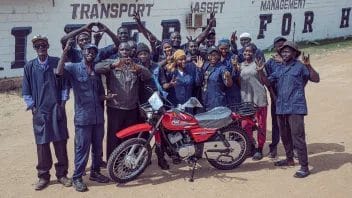Imagine being very sick and the only way of reaching medical care being to walk miles by foot, travel the bumpy roads on a donkey and cart or, worse be pushed in a wheelbarrow. Or picture your child being ill and having no other option but to carry them many miles on your back to get help. Situations like these are common for people in countries across Africa.
Why is transport such a big problem
- In most African countries, private transport is expensive and public transport is practically non-existent outside major cities.
- Without the garages and service centres that many of us in developed nations rely on to keep our cars well maintained, vehicles fall into disrepair.
- The terrain is often difficult with many unsurfaced tracks and even rocky steep gradients. The problems go on.
63%
Of the African population live in hard-to-reach rural areas
Source: World Bank open data

In many parts of Africa travelling by donkey cart is commonplace.
African governments and other health organisations simply do not have the specialist knowledge of running vehicles in these difficult conditions.
Because of this, people in many countries fail to access basic health services that people in other parts of the world take for granted, such as immunisation for babies, diagnosis of diseases and care for women in labour, the elderly and the sick.
The consequences of lack of transport are deadly.
But there is a solution
We support innovative transport solutions in four African countries that make sure healthcare, education and medical supplies reach communities no matter how far or remote.





